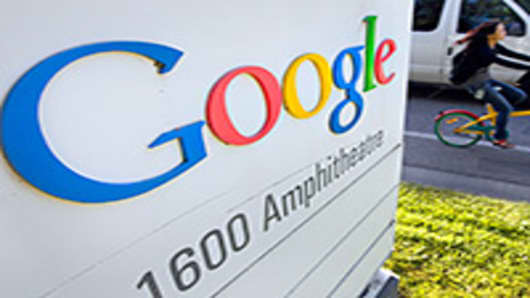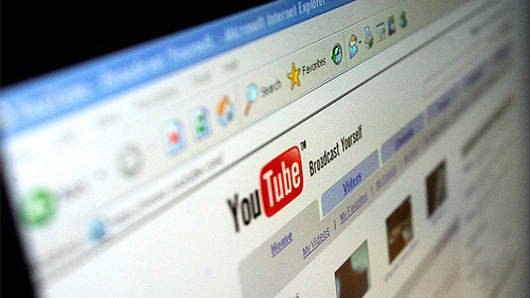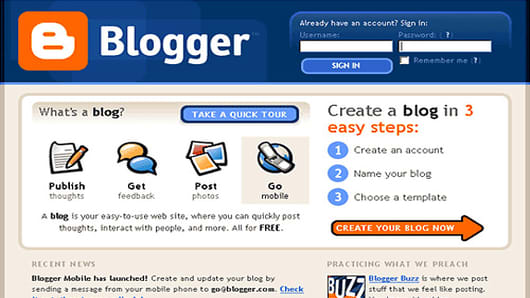Zagat (2011) – After a long string of tech acquisitions, Google threw everyone a curve in September 2011, announcing plans to acquire this popular review service. The $151 million purchase (which followed a failed attempt to buy Yelp) was meant to help shore up Google's burgeoning local service, adding another tool for people to find quality local offerings quickly. Tim and Nina Zagat, who founded the business more than 30 years prior, stayed with the company, as well as an unknown number of its 40 in-house editors.
Where2 (2004) – In 2003, Danish brothers Lars and Jens Rasmussen founded a small mapping technology company, but had grander plans to revolutionize how people got directions. When Google heard those plans – and saw the prototype the Rasmussens and two associates had created – it quickly bought the company. The result was Google Maps, which has gone on to become one of the company's most popular features. It's a primary navigation tool for Android phone users and has been a key part of the iPhone to date, though Apple will replace it with its own map technology later this year.
Picasa (2004) – In the days leading up to its IPO, Google bought this online photo manager in an effort to maintain its lead over Yahoo and MSN, which were still viable competitors to its primary search business. Picasa was a project from the Idealab business incubation studios (whose other success stories include NetZero, search tool Overture and PetSmart.com) with fewer than 30 employees at the time. It grew to be a favorite tool of Web-based photobugs and a worthy competitor to Flickr (which was acquired by Yahoo).




